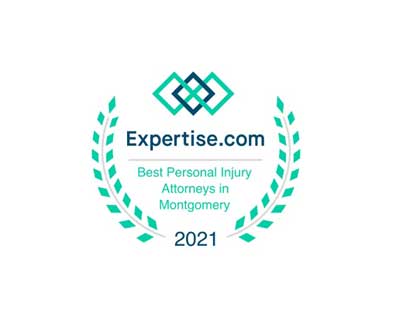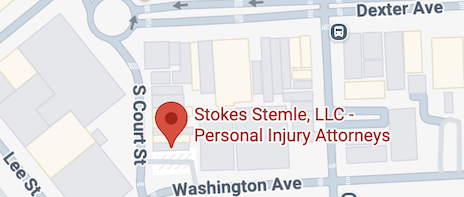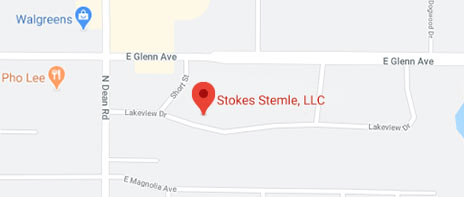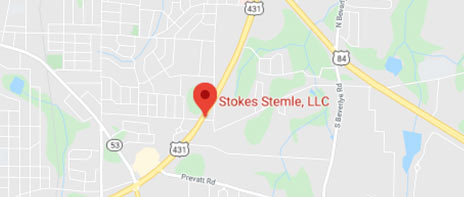
After getting injured in a car accident, establishing that the other driver was at fault for the crash is a key part of recovering compensation for your injuries. Various types of evidence can help with this, including traffic camera footage, photographs of the accident scene, and expert testimony.
However, another important type of evidence is eyewitness testimony. Often, traffic cameras don’t capture the accident, photographs don’t tell the whole story, and experts base their opinions on incomplete data. A car accident witness’s testimony can provide an unbiased account of how the incident unfolded.
How Eyewitnesses Can Strengthen Your Claim

Something to remember about eyewitnesses is that their memories aren’t infallible. So, are eyewitnesses’ statements considered evidence if their recollection of the accident may be skewed?
Yes, eyewitness statements are evidence. However, they serve as supporting evidence rather than direct evidence. Direct evidence would be a video showing how the crash occurred. An eyewitness statement can corroborate your story and provide additional context for the direct evidence.
For example, let’s say that someone rear-ended you, and they claim that you reversed into them. Without video of the incident, this case could turn into a he-said, she-said situation. However, if another motorist or pedestrian witnessed the accident, they can provide an objective account of what happened, which can help to clear up any confusion.
Another example is if a traffic camera captures the crash, but none of the events leading up to it. From the video alone, it may be difficult to determine if the other driver was at fault or if other factors contributed to the accident. However, an eyewitness can provide testimony stating that they saw the other driver texting right before the crash, making it more clear that they were at fault.























